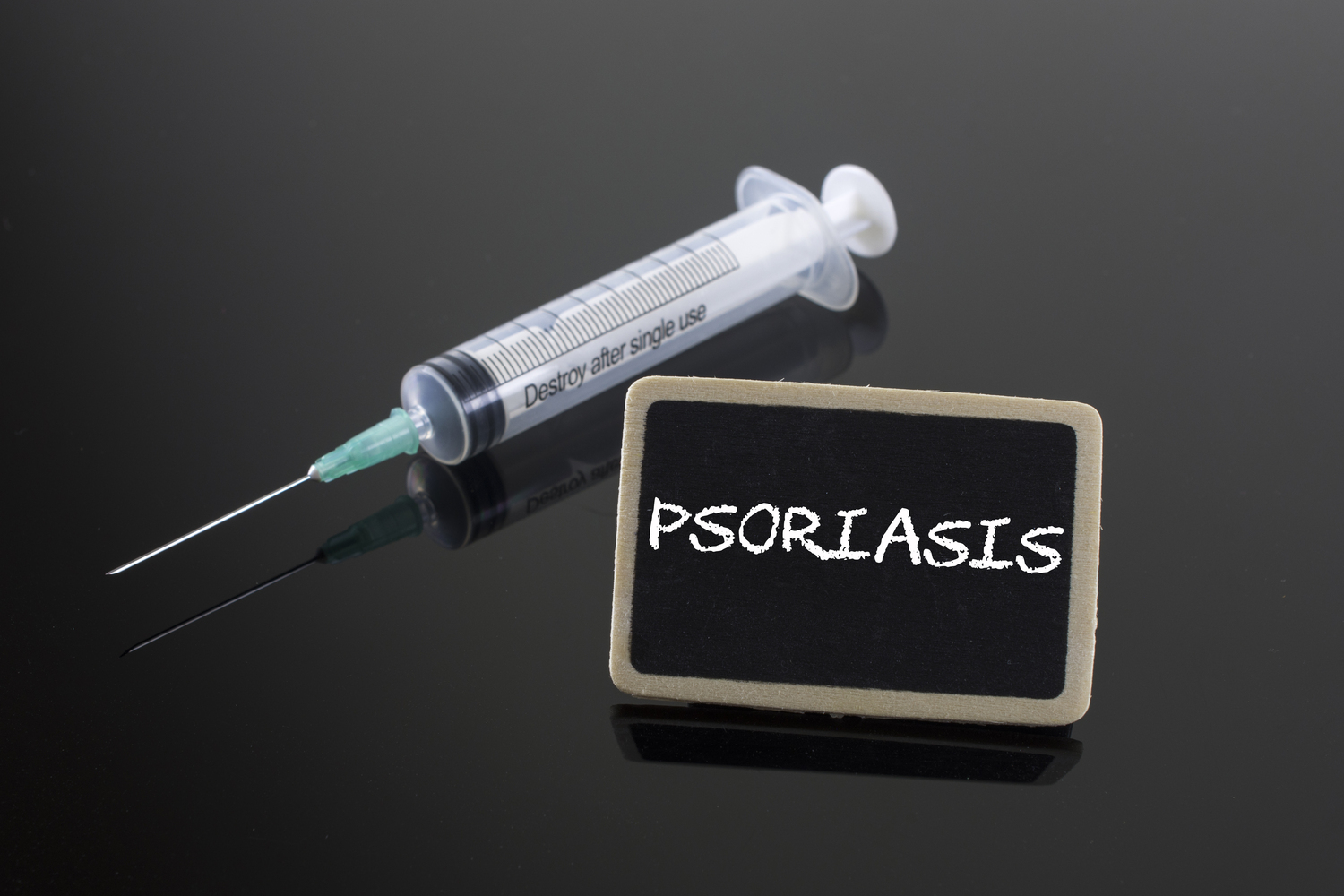
Foods To Avoid For Psoriasis And Treatment Options
Managing psoriasis involves a multifaceted approach that extends beyond skin psoriasis ointment and includes dietary considerations. While there is no one-size-fits-all diet for psoriasis, certain foods may exacerbate symptoms, warranting attention. In this listicle, we explore foods to avoid for psoriasis and delve into treatment options, including skin psoriasis ointment and addressing psoriasis of the scalp.
1. Processed foods and sugars
Highly processed foods and those rich in added sugars can contribute to inflammation, potentially worsening psoriasis symptoms. Steering clear of sugary snacks, sodas, and processed meals may help mitigate inflammation and support overall skin health. Opt for whole, nutrient-dense foods instead.
2. Fried and fatty foods
Fried and fatty foods, often high in saturated and trans fats, can promote inflammation. For individuals with psoriasis, minimizing the intake of fried foods, processed snacks, and fatty cuts of meat may contribute to symptom relief. Choose lean proteins, fish rich in omega-3 fatty acids, and incorporate healthier cooking methods.
3. Dairy products
While not universally problematic, some individuals with psoriasis may find that dairy exacerbates their symptoms. Experiment with reducing or eliminating dairy products, such as milk, cheese, and yogurt, to observe the impact on psoriasis. Opt for dairy alternatives like almond or soy milk if needed.
4. Nightshade vegetables
Nightshade vegetables like tomatoes, eggplants, and peppers contain compounds that may trigger inflammation in some people. Monitoring your intake of these vegetables and noting any changes in psoriasis symptoms can help determine whether they are a potential trigger for you.
5. Gluten-containing Foods
Gluten, found in wheat, barley, and rye, is associated with inflammatory conditions, and some individuals with psoriasis may experience improvement by reducing gluten intake. Consider trying a gluten-free diet or opting for gluten alternatives to assess its impact on your symptoms.
6. Alcohol and tobacco
Excessive alcohol consumption and smoking can exacerbate psoriasis symptoms. Both alcohol and tobacco have been linked to increased inflammation and may interfere with the effectiveness of psoriasis treatments, including skin psoriasis ointment. Limiting or abstaining from these substances can contribute to overall health and well-being.
7. Acidic foods
Certain acidic foods like citrus fruits, vinegar, and acidic condiments may irritate the skin and worsen psoriasis symptoms in some individuals. Pay attention to your body’s response to these foods and consider moderating their intake if you notice any adverse effects.
Treatment Options
1. Topical Treatments and Ointments
Skin psoriasis ointment, creams, and topical treatments are commonly prescribed to manage psoriasis symptoms. These may contain corticosteroids, vitamin D analogs, or other medications aimed at reducing inflammation and promoting skin healing.
2. Phototherapy
Phototherapy involves exposing the skin to ultraviolet (UV) light under controlled conditions. This treatment option can help slow down the rapid growth of skin cells associated with psoriasis and alleviate symptoms.
3. Oral Medications
For more severe cases, oral medications may be prescribed to target the immune system and reduce inflammation. These medications require careful monitoring for potential side effects.
4. Biologics
Biologics are a newer class of medications that target specific aspects of the immune system involved in psoriasis. They are often used for moderate to severe cases and may be administered by injection or infusion.
5. Lifestyle Changes
In addition to dietary adjustments, adopting a healthy lifestyle can positively impact psoriasis. Regular exercise, stress management, and maintaining a healthy weight contribute to overall well-being and may help manage symptoms.



